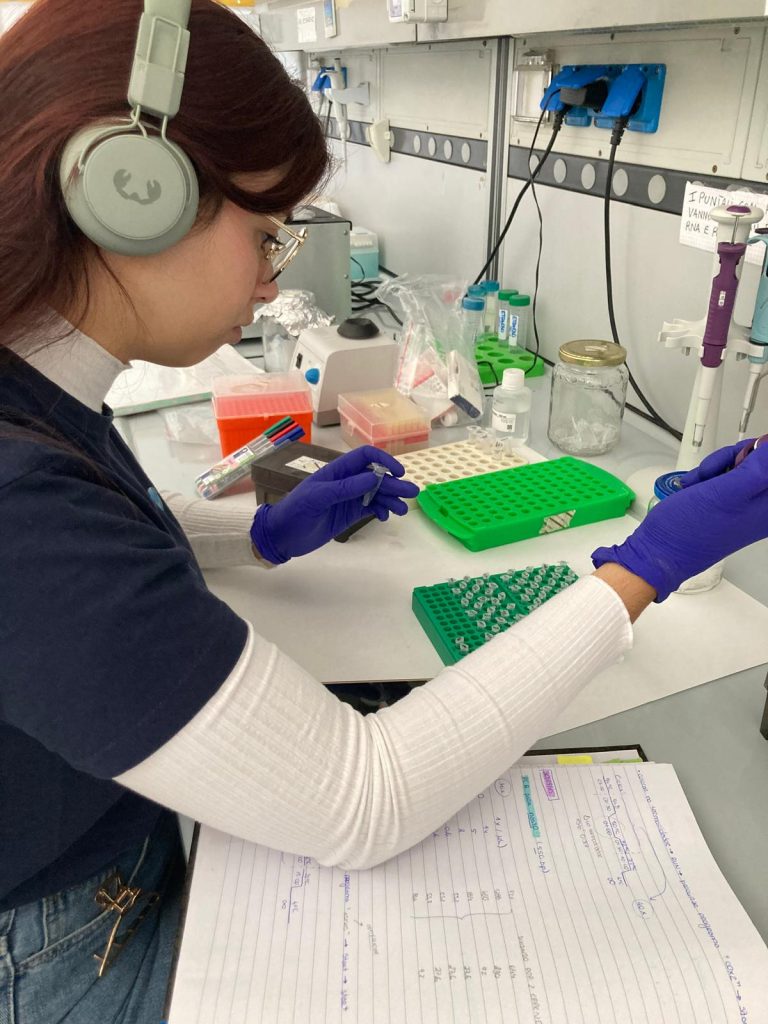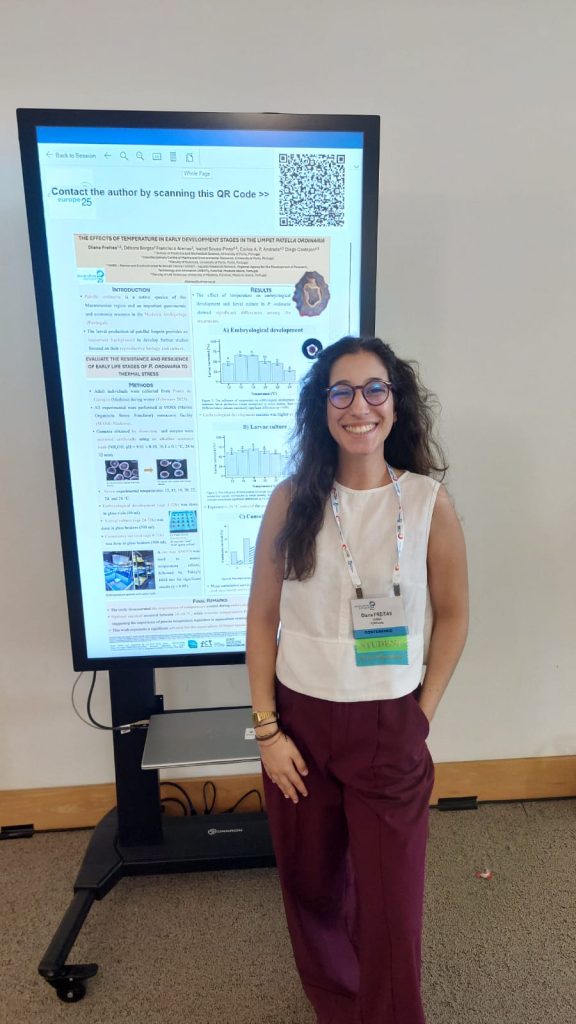We are delighted to announce the 3rd One Health PhD Forum. This meeting brings together students, researchers, and academics dedicated to advancing knowledge and fostering partnerships in the field of environmental, animal, and human health.
The event will take place on 16 June 2026, at the Salão Nobre of ICBAS-UP. This is a one-day scientific meeting aimed at all students enrolled in Doctoral Programs at ICBAS. Participants will have the opportunity to present their work in the One Health field in their preferred format: oral presentation or poster. The best presentations in both categories will be awarded a travel grant.
The 3rd One Health PhD Forum will be a unique opportunity to share scientific knowledge from a One Health perspective. The program will also feature a keynote lecture on a topic of general interest.
Registration and Important Dates
Registration is free but mandatory, and it includes lunch and coffee breaks. All participants will receive a certificate of participation.
- 15 April 2026: Deadline for registration with abstract submission.
Register here. - 15 May 2026: Deadline for registration without abstract submission.
Register here.
We eagerly await your participation!
The Organising Committee
ICBAS One Health Office | Adriano A. Bordalo e Sá, Begoña Pérez-Cabezas, Dalila Veiga, João R. Mesquita, Sofia A. Costa Lima

























